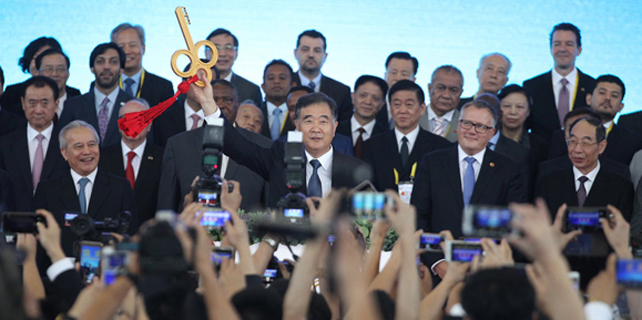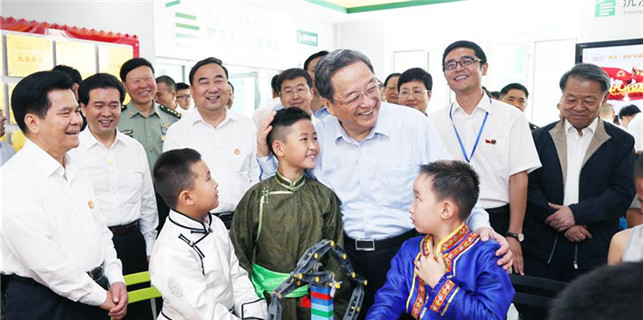Aleris's Chinese sale withdrawn from US security review
US aluminum products maker Aleris Corp and China Zhongwang Holding have withdrawn a notice from the Treasury Department's Committee on Foreign Investment in the US (CFISU) seeking approval for the $2.33 billion sale of Cleveland-based Aleris to Zhongwang.
Aleris said in a filing on Wednesday that there can be "no assurance"the deal will be approved, leaving it in limbo. "CFIUS continues to raise national-security concerns with the merger," Aleris said.
"The parties have withdrawn the voluntary CFIUS notice and we are in discussions with Zhongwang about our further course of action,"Jason Saragian, an Aleris spokesman, said by phone. Amanda Xu, a Hong Kong-based spokeswoman for Zhongwang, declined to comment on Thursday, and referred to statements already made by Aleris.
The Aleris deal, which would be China's biggest-ever purchase of an overseas metals processor, is among a number of Chinese takeovers of US businesses that have come under heightened scrutiny during the Trump administration.
Last month, HNA Group Co.'s proposed $416 million investment in Global Eagle Entertainment Inc., an in-flight entertainment and Internet-services provider, collapsed after the two companies failed to get approval from CFIUS, which vets whether proposed acquisitions of US businesses pose national security threats. Other deals have encountered delays in their reviews.
Both China Zhongwang and the US unit are subsidiaries of a group founded and owned by Chinese entrepreneur Liu Zhongtian.
Aleris and Zhongwang USA have been trying to win approval for their deal for a year. Aleris agreed last August to be bought by Zhongwang USA for $1.11 billion in cash. Aleris CEO Sean Stack said the deal would allow Zhongwang to expand into product and geographic areas where it wasn't present. Zhongwang USA agreed to take on Aleris' $1.22 billion debt in return for gaining access to North American and European markets and adding rolled aluminum sheet products.
The deal drew criticism from a group of Democratic and Republican senators last November before the presidential election. The lawmakers said in a letter to then-Treasury Secretary Jack Lew that Chinese entities may have relationships with China's military, which would compound the risk that US technology falls into the "wrong hands."









